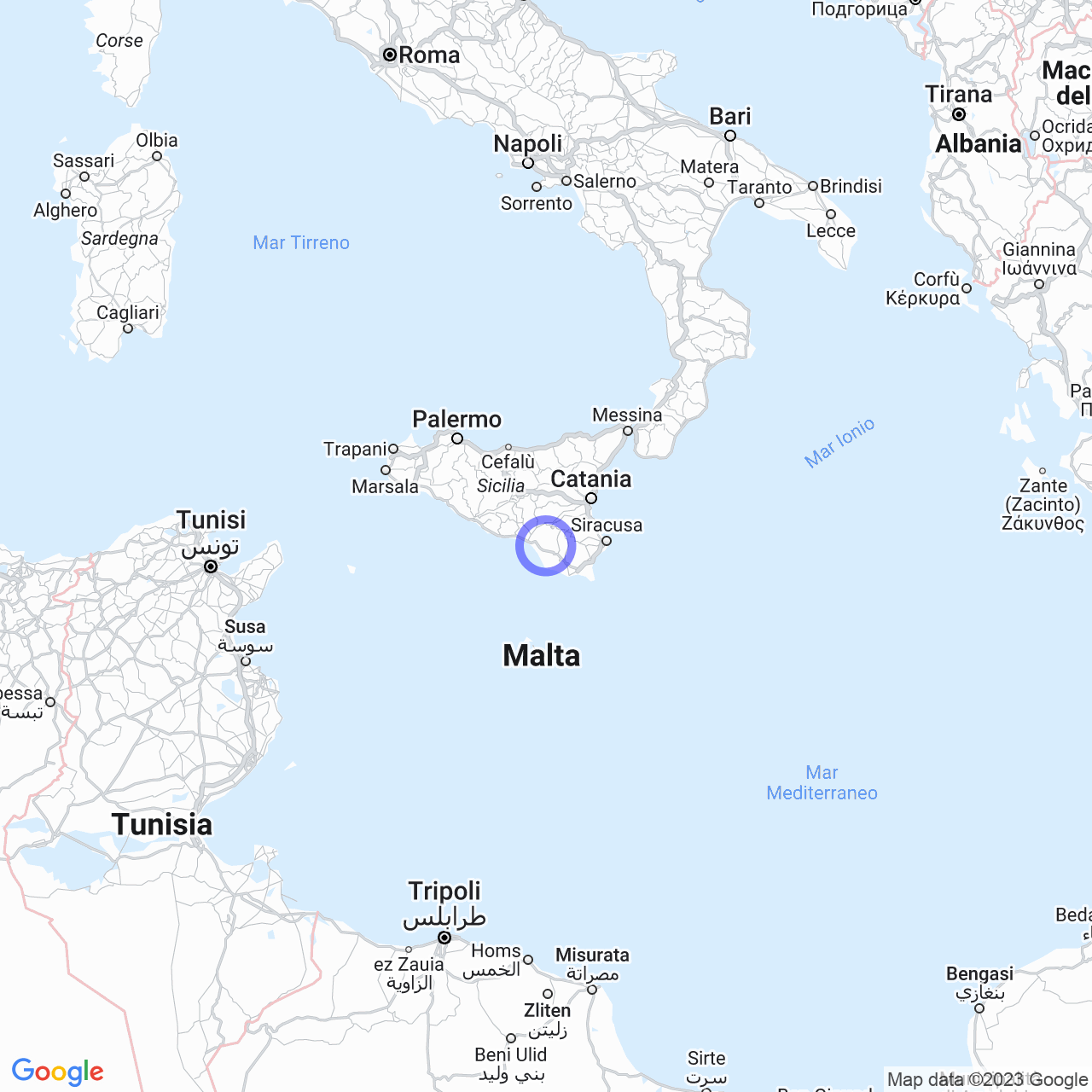Acate
Welcome to Acàte! Let's explore this Sicilian commune.
Acàte is a commune situated in the province of Ragusa, Sicily, with a population of approximately 10,584 inhabitants. Let's explore some aspects that characterize this territory together.
Physical Geography

Territory
Acàte is located in the plain of Vittoria, on the left bank of the Dirillo river, 34 km from Ragusa and at an altitude of 169m. Furthermore, it is the westernmost commune in the province of Ragusa and has an urban layout consisting of orthogonal streets that, together with the Marina di Acate hamlet, make for a marvelous place to take a walk.
Climate
Acàte is in an area classified as C, which means mild winters and hot summers. In particular, the locality enjoys a mild and temperate climate, perfect for tourism.
Etymology
The name of Acàte in Sicilian is "Vìschiri," while its inhabitants are called "Viscaràni." Until 1938, the commune was known as "Biscari," but the local academy of studies decided to change it to Acàte, whose name derives from the old name of the Dirillo river, "Acates amnis." The river takes its name from the presence of agate stones in its course, as described by Pliny the Elder and Theophrastus. The origin of the name Dirillo, instead, could derive from "Wayd-Ikrilu," meaning "Akrillai River" in Arabic.
History
The history of Acàte is very ancient and has its roots in prehistoric times. In the acatese territory, for example, huts and a funeral altar dating back to the Bronze Age have been discovered. Furthermore, there are traces of the presence of the Sicilians, Greeks, Romans, Byzantines, Arabs, Normans, and Aragonese. Odogrillo represented the first inhabited nucleus of the area, but it was replaced in importance by the Casale di Bìscari, which became part of the Chiaramonte feud and the County of Modica. With the rise of this locality, Odogrillo experienced a decline.
Following the Spanish domination and the subsequent introduction of sugar cane crops, Acàte became a center of sugar production, but production decreased in the 19th century, making room for the cultivation of olive groves, almond trees, vineyards, and citrus fruits.
Conclusions
Acàte is a Sicilian locality rich in history and scenic beauty. Amongst monuments and suggestive places, nature and culture lovers will find the perfect place to spend a holiday of relaxation and knowledge in this commune. All that remains is to visit Acàte to discover all of its treasures!
